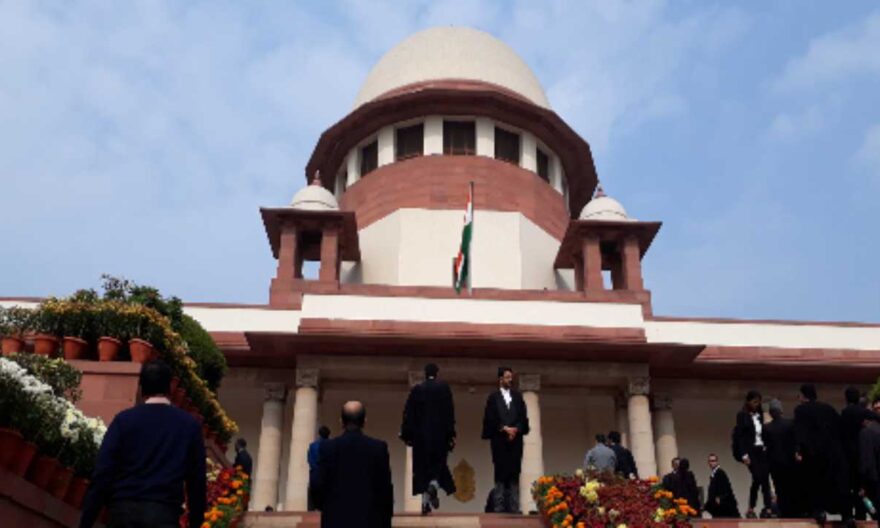
The Supreme Court has recently declined to entertain a PIL that sought directions to safeguard complainants, witnesses, and others from retaliation or victimization in cases of sexual harassment.
Previously, the court dismissed a similar petition by the same petitioner in February 2020, advising them to approach the government through representation.
The bench, comprising CJI DY Chandrachud and Justice PS Narasimha, emphasized the need for specific instances of harm caused to complainants due to retaliation or victimization. The court recognized that a general order could potentially create a new offense.
CJI DY Chandrachud noted that previous petitions on the same matter had been dismissed, highlighting the requirement for concrete examples. Justice PS Narasimha echoed this sentiment, emphasizing the need for specific instances to address the issue effectively.
The petitioner’s counsel argued that while the Central Government has issued guidelines to protect complainants from retaliation, the private sector remains unaffected. However, the court expressed its disinclination to entertain the matter and granted the petitioner the liberty to approach the appropriate authorities for resolution.
In dictating the order, CJI Chandrachud referred to a previous court order that did not interfere with the dismissal of a PIL by the Delhi High Court. The petitioner had made a representation to the authorities, and the court left it open for the petitioner to seek a decision on their grievance at the appropriate level.
The case originated when petitioner Sunita Thawani sought amendments to the Sexual Harassment of Women at Workplace (Prevention, Prohibition and Redressal) Act, 2013. These amendments aimed to include retaliation/victimization as a form of sexual harassment and provide protection for complainants, witnesses, and those involved in the inquiry process. The Delhi High Court had dismissed the plea, asserting that it sought to create a new offense within the existing framework.
In 2020, the petitioner approached the Supreme Court against the Delhi High Court’s decision, but their appeal was also dismissed. The bench of Justices R. Banumathi and AS Bopanna granted the petitioner the liberty to seek legal remedies in accordance with the law, including making representations before the relevant authorities.




